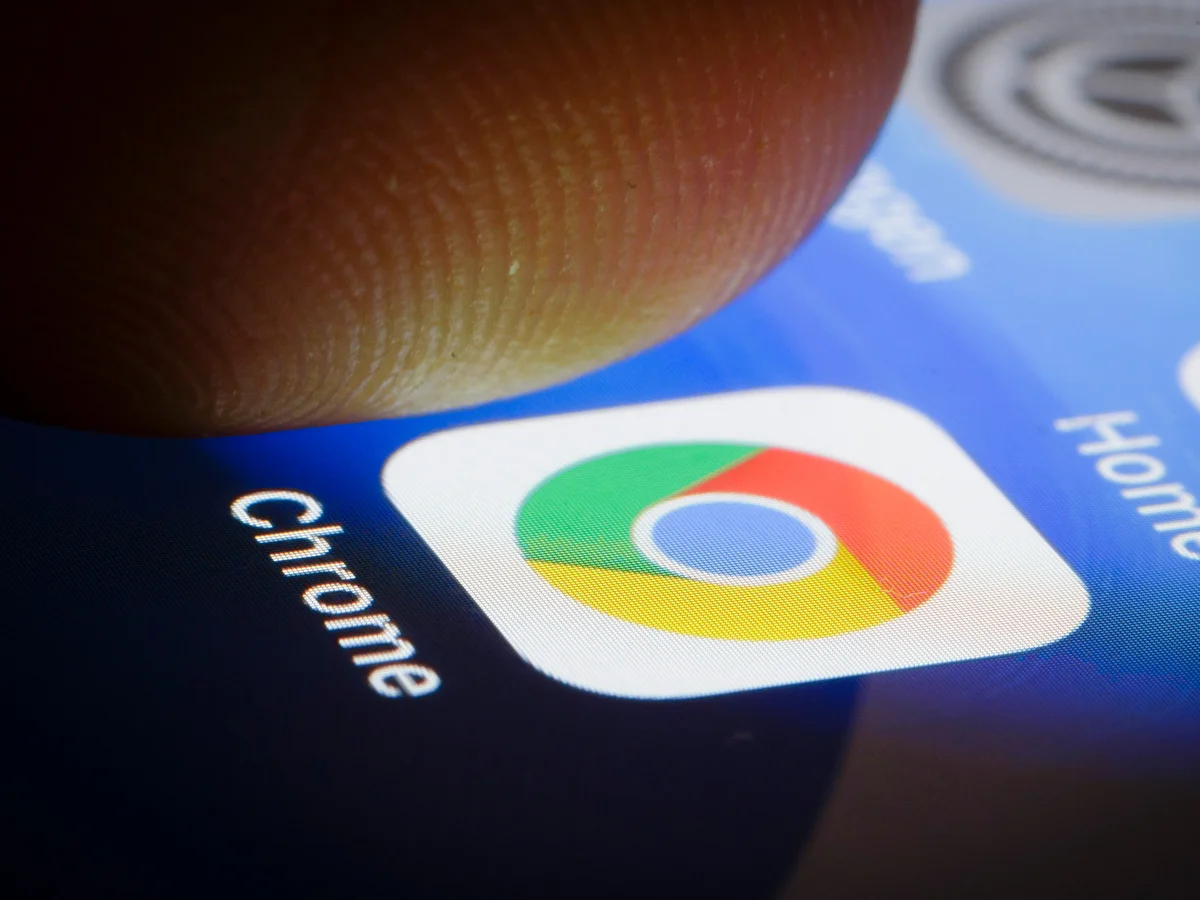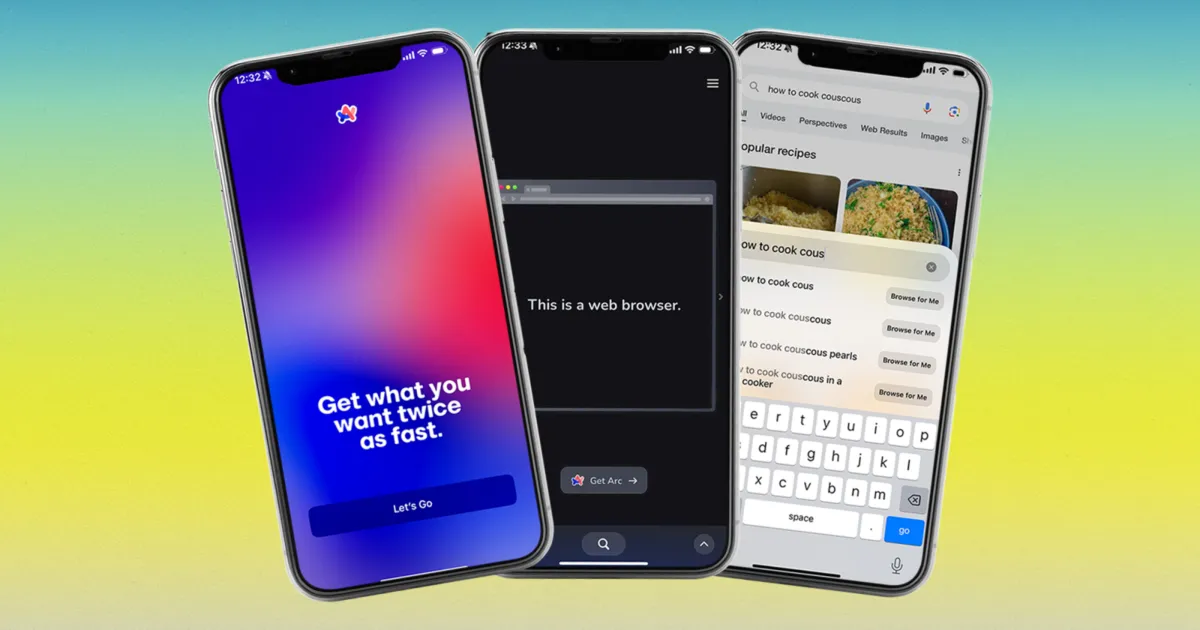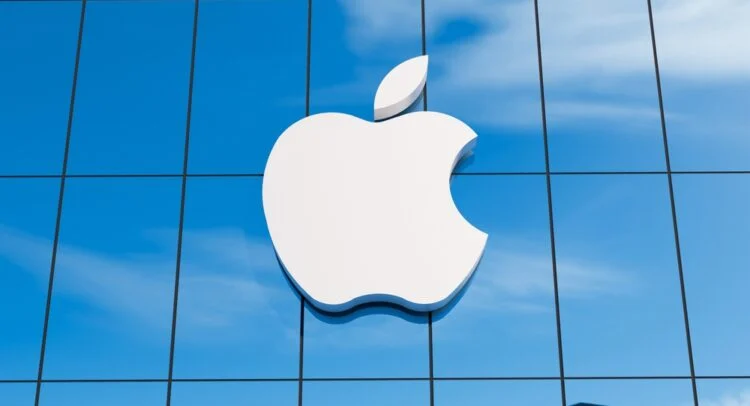
Google can keep the Chrome browser, for now.
Big news out of the tech world: Google just scored a partial win in its ongoing antitrust battle. On September 3, 2025, DC District Court Judge Amit Mehta handed down a ruling that lets Google keep its Chrome browser and Android system but slaps some new restrictions on how it operates. This comes after a landmark decision last year that labeled Google an illegal monopolist in online search. So, while Google avoids the worst-case scenario of a forced breakup, it’s not exactly skating free. Let’s break it down, because this is a big deal for how we all use the internet.
The Ruling: What’s Changing for Google
Judge Mehta’s decision is a mixed bag. On one hand, Google gets to hold onto Chrome and Android—two massive pieces of its empire. The Justice Department (DOJ) had pushed hard for Google to sell off Chrome, arguing it’s a key way Google funnels users to its search engine, which dominates about 90% of global searches, according to Statcounter. But Mehta wasn’t convinced a breakup was the right move, calling it a “poor fit” that could mess up Chrome’s operations and even harm the broader browser ecosystem, since Chrome relies on Google for things like marketing and HR.
On the flip side, Google’s getting hit with some new rules. The big one? No more exclusive deals to make its search engine (or AI products like Gemini) the default on devices or browsers. That means Google can’t lock competitors out by paying companies like Apple or Samsung to prioritize its search. However, Google can still cut non-exclusive deals, so it’s not completely cut off from paying for prime placement. Another kicker: Google has to share some of its valuable search data with rivals to help them compete. This could give companies like DuckDuckGo or Perplexity a leg up, though Google’s already raising alarms about user privacy risks.
Why This Matters
This ruling is one of the biggest antitrust moves against a tech giant since the Microsoft case 25 years ago. It’s not just about Google—it’s about how competition works online. Google’s search dominance comes from deals like the $20 billion it pays Apple yearly to be Safari’s default search engine. Those kinds of agreements make it tough for smaller players to break through, even if they’ve got better tech. By banning exclusive contracts and mandating data sharing, Mehta’s trying to level the playing field, at least a bit. But critics, like Yelp and DuckDuckGo, say the remedies don’t go far enough to shake Google’s grip.
Here’s a quick rundown of the key points:
- No Breakup: Google keeps Chrome and Android, dodging the DOJ’s push for divestitures.
- Exclusive Deals Banned: Google can’t sign contracts that lock competitors out of default search spots.
- Data Sharing Required: Google must share some search data with rivals to boost competition.
- Appeal Incoming: Google plans to appeal the monopolist ruling, which could drag this out for years, possibly to the Supreme Court.
- Six-Year Timeline: The new rules will stay in effect for six years, giving competitors time to catch up.
Google’s Reaction and What’s Next
Google’s not thrilled, to put it mildly. Lee-Anne Mulholland, their VP of regulatory affairs, said they’re “reviewing the decision closely” and worry about how data sharing might affect user privacy. They’re gearing up to appeal the underlying monopolist finding, which could delay any changes for a while—maybe even years if it hits the Supreme Court. On the flip side, the DOJ’s antitrust chief, Gail Slater, called it a win but hinted they might push for tougher remedies on appeal. With a new Trump administration taking over, it’s anyone’s guess how the DOJ’s stance might shift.
Google’s also got another antitrust headache looming. A Virginia judge ruled in April that Google holds an illegal monopoly in online ad tech, with a remedies hearing set for this month. That case could force Google to split off parts like its ad server or exchange, which power much of the internet’s ad economy. So, while Google dodged a bullet here, the fight’s far from over.






